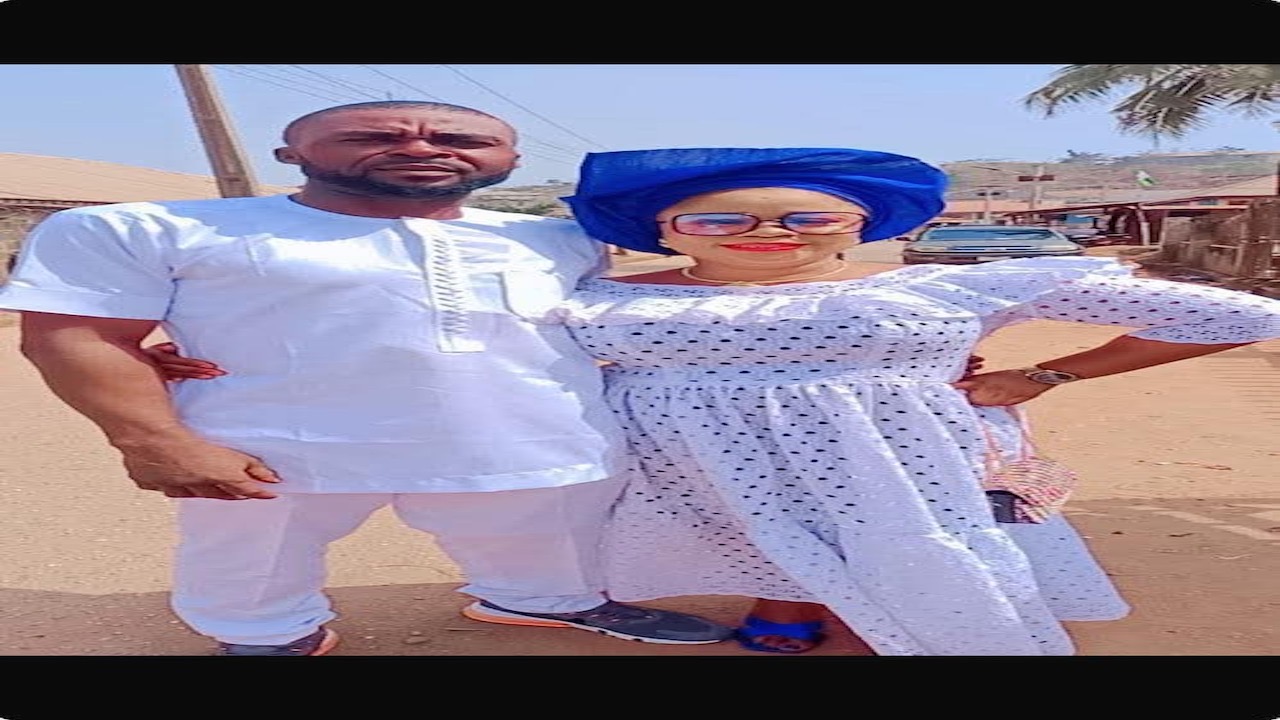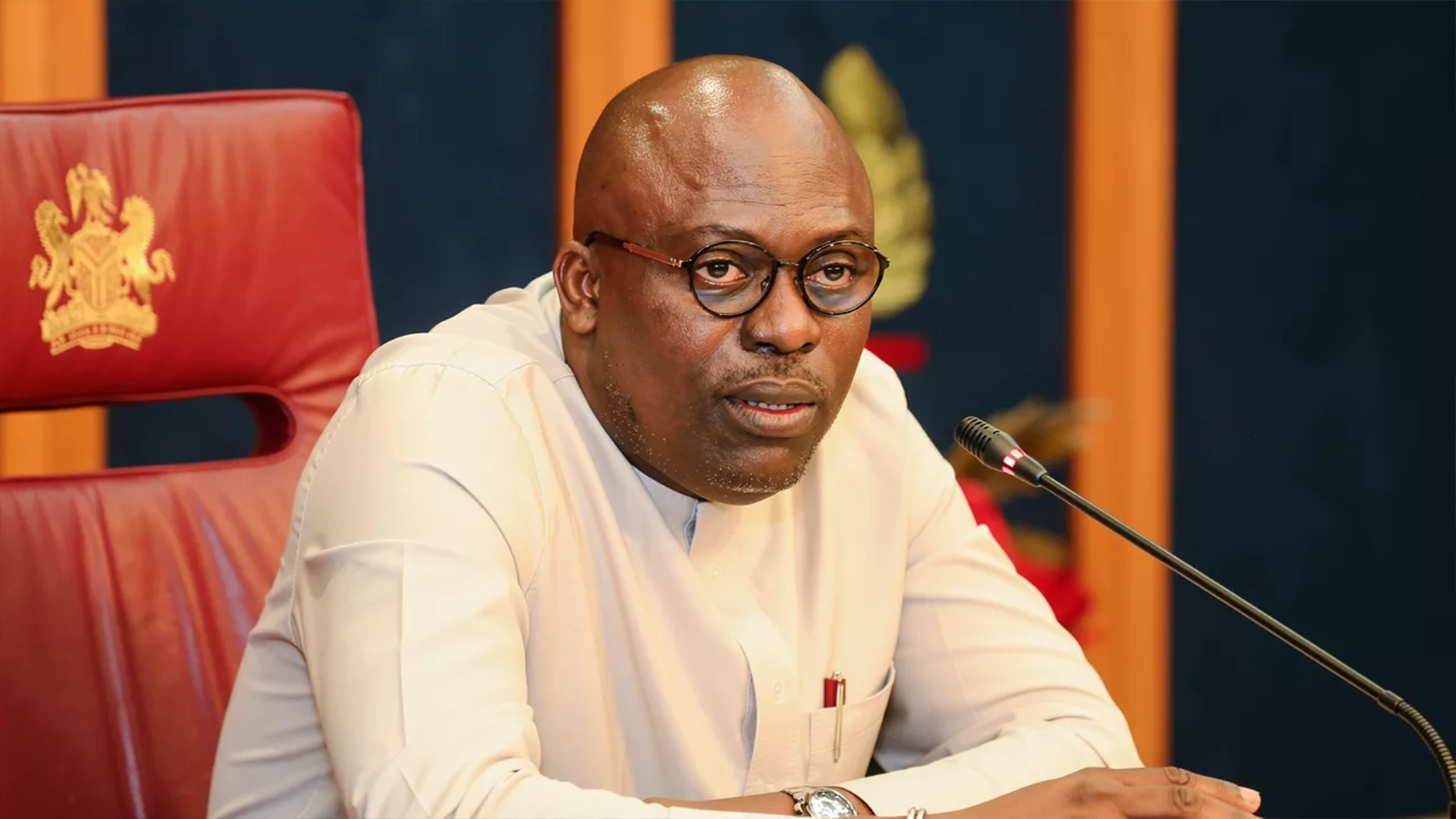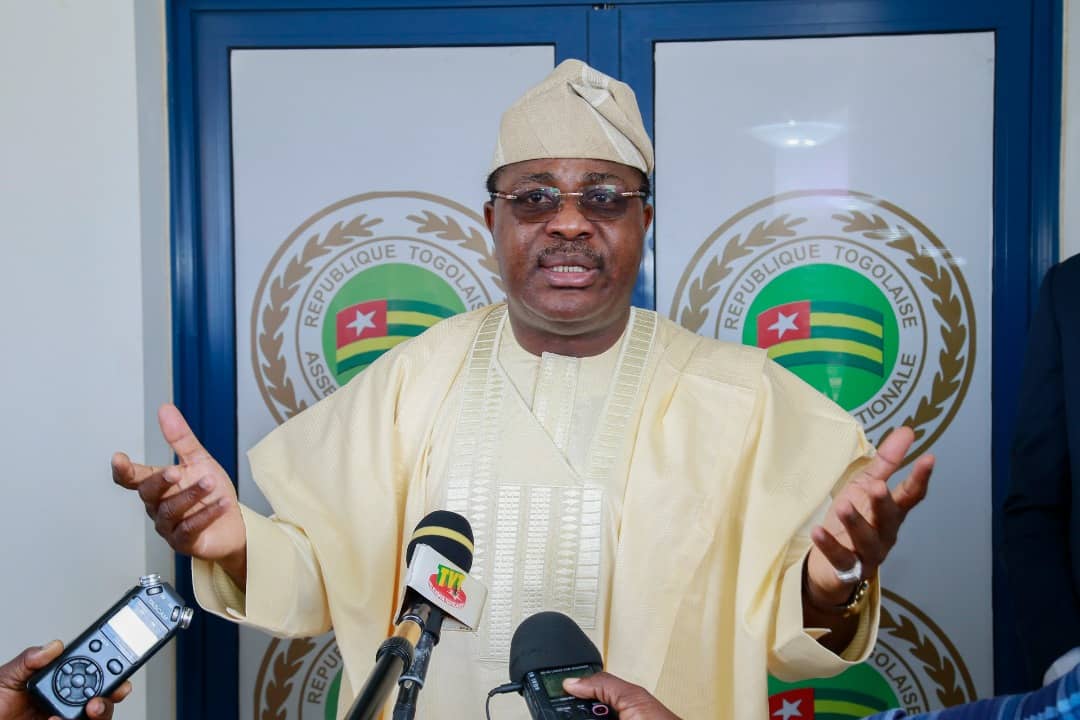Nigeria’s fight against corruption feels endless, and the biggest, most painful blind spot has always been right where we live: at the local government level.
Past leaders have certainly tried, with the late former President Muhammadu Buhari taking on corruption at the national stage. But those efforts often failed to reach the grassroots, leaving the door wide open for local officials to pocket funds meant for the schools, hospitals, and roads we desperately need.
President Bola Ahmed Tinubu now has a chance to change the entire game. He can stop the siphoning of public money and finally empower our local governments to actually serve the people.
The proposed solution isn’t just a new policy; it’s a surgical strike against grassroots graft: a specialised EFCC unit, let’s call it the EFCC Directorate for Subnational Accountability and Local Government Oversight (EFCC–SALGO).
This directorate, focused purely on monitoring local and state government funds, could be the game-changer that ensures money allocated for your community actually builds that clinic, paves that road, and pays for those textbooks.
The Gut-Punch Reality: Why Money Never Reaches Our Communities
The late former President Buhari’s anti-corruption drive grabbed global headlines, but its major flaw was its failure to look down. Huge sums of money were sent to local governments for development projects, but without strong eyes watching, the funds vanished like smoke.
Think about it: your local official, facing almost no real scrutiny, could easily divert your community’s money for a personal house or luxury car.
Despite the existence of agencies like the EFCC, governors and local chairmen became notorious for playing a long-term shell game with public resources.
The result? Ghost projects, crumbling infrastructure, and basic services that fail every day.
President Tinubu inherited this broken system. If he doesn’t tackle it with uncommon political courage, the local government will remain what it is now — a resource black hole, disconnected from the citizens who need it most.
⸻
The Solution: EFCC–SALGO — A New Sheriff in Town for Local Accountability
To repair this deeply broken trust, President Tinubu needs to establish EFCC–SALGO. This specialised directorate would be the ultimate safeguard, performing four essential tasks:
1. Dollar-for-Dollar Tracking: Ensuring every naira — from the federal allocation down to the last kobo — is spent exactly as intended: on roads, healthcare, education, and community water projects.
2. Aggressive Investigation: Actively hunting down and prosecuting any official caught with their hand in the public till at the local or state level. No one is too big to fall.
3. Real-Time Tech Monitoring: Using modern data analytics to track money flow and spot misuse before it escalates — a digital tripwire against corruption.
4. Public Scrutiny: Making all audit results and spending reports publicly accessible. Transparency builds trust and turns every Nigerian into a local watchdog.
This is a proactive structure designed to shrink the space for corruption and guarantee that Nigeria’s development funds are channeled to the places and people who need them most.
The Tinubu Legacy: Building Trust from the Grassroots Up
The late former President Buhari’s efforts targeted national corruption, but he didn’t secure the grassroots. This is President Tinubu’s unique chance to cement a legacy — not just as a national reformer, but as a nation builder who brought accountability to every Nigerian’s doorstep.
• Forcing Delivery: Creating EFCC–SALGO will compel state and local officials to account for the billions they manage. It’s not just an anti-corruption fight; it’s a mandate for local governments to deliver on their promises.
• Closing the Old Loopholes: The previous administration’s efforts left a vacuum at the grassroots. President Tinubu can build on that foundation, but this time, with real-time, focused oversight.
• Restoring Faith: Nigerians are tired of being cheated out of development funds. Transparency and real consequences will mend the broken relationship between the people and their local officials.
• A Two-Tier Fight: The EFCC is overloaded. EFCC–SALGO creates a dedicated strike team, expanding its reach and efficiency for a comprehensive, two-level anti-corruption strategy.
• Boosting Real Development: When local funds are managed honestly, communities flourish. Better infrastructure, functioning hospitals, and quality education will lead to tangible, positive changes in the lives of everyday Nigerians.
⸻
Global Proof: Local Watchdogs Transform Nations
The idea of strengthening local oversight isn’t unique; it’s a proven model for success around the world:
• Brazil’s Open Books: Through a national audit lottery, Brazil drastically reduced local-level embezzlement. Public audits exposed misuse and built lasting public trust.
• India’s Digital Shield: States like Kerala and Andhra Pradesh used e-governance platforms and digital tracking to significantly plug holes in rural development programs, making local officials accountable in real-time.
• South Korea’s Transparency: The OPEN system allows citizens to track government decisions at the local level, making it harder for corruption to take root in local councils.
These examples prove that strong local oversight leads to more efficient, less corrupt governance — outcomes Nigeria can easily replicate with the necessary political will.
The Media Imperative: Countering Negative Narratives with Proof
There is a critical gap between the administration’s intent and public perception. While the Presidency focuses on necessary reforms, the national conversation is often dominated by negative media narratives, misinformation, and politically motivated critiques designed to paint present-day governance in a bad light.
This is where the advantage of strategic communication becomes non-negotiable. The Presidency must stop being reactive and become the primary narrator of its own story.
The Advantage of Using Media Strategically:
• Direct Communication: The government must leverage social and traditional media to speak directly to the people, bypassing sensationalism. This ensures the correct, verified information about policies and progress is disseminated promptly.
• Countering Disinformation: By consistently highlighting projects, verifiable anti-corruption reforms, and development milestones, the Presidency can pre-emptively dismantle false narratives and stop rumours from gaining traction.
• Building Public Trust: Transparency on spending (as EFCC–SALGO’s public audits would provide) and consistent messaging about positive impact will rebuild trust eroded by decades of perceived corruption.
• Showcasing Impact: Rather than just announcing a policy, the media machinery must focus on what it means for the common man: “This policy will reduce food prices by X,” or “This road project, funded by anti-graft efforts, will employ Y people.”
The media’s attempt to undermine the government will only fail when the Presidency takes the microphone, tells its story of success loudly and clearly, and proves that its reforms are creating a fairer, more prosperous Nigeria.
The Time to Act is Now
Corruption is still a cancer on our local governance. President Tinubu must move decisively. Previous leaders, including the late former President Buhari, laid the groundwork but failed to achieve the necessary local focus.
By creating EFCC–SALGO, President Tinubu can guarantee that Nigeria’s resources are used for their intended purpose — building a better future, one community at a time.
Conclusion
The establishment of EFCC–SALGO isn’t just good policy; it’s a defining moment that can reshape Nigeria’s governance landscape. It closes a critical gap left by previous administrations and establishes a transparent, efficient system that puts the needs of Nigerians first.
More importantly, by finally engaging the public strategically through a proactive media presence, the Presidency can ensure Nigerians feel, see, and understand the tangible progress being made.
This is the moment for President Tinubu to turn vision into reality — and usher in a new era of accountability, trust, and real development for every corner of Nigeria.
Oyerinde is Political Strategist and Member of the All Progressives Congress (APC)






